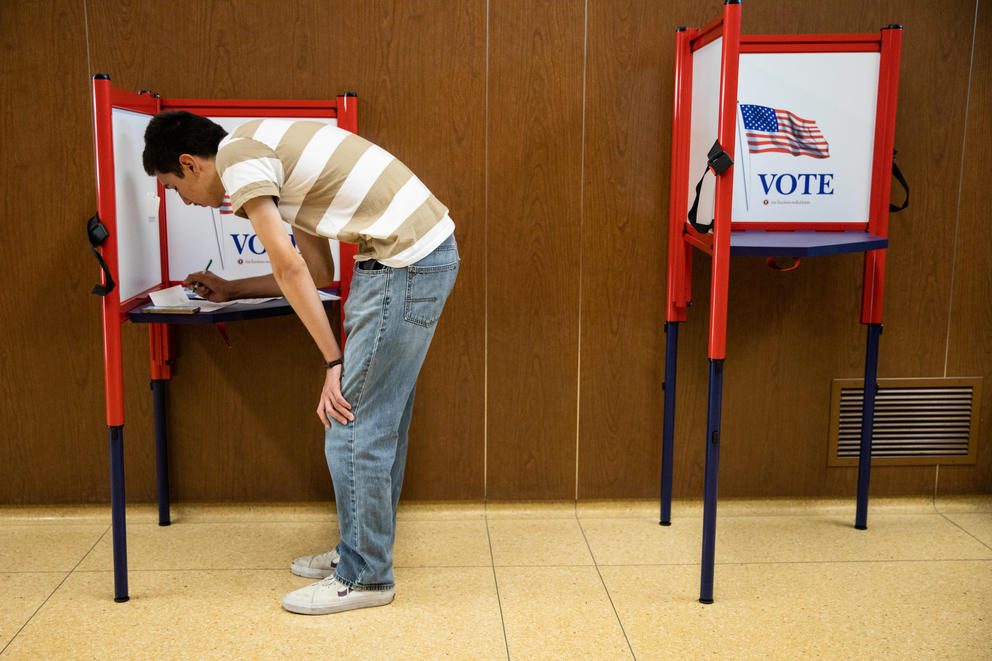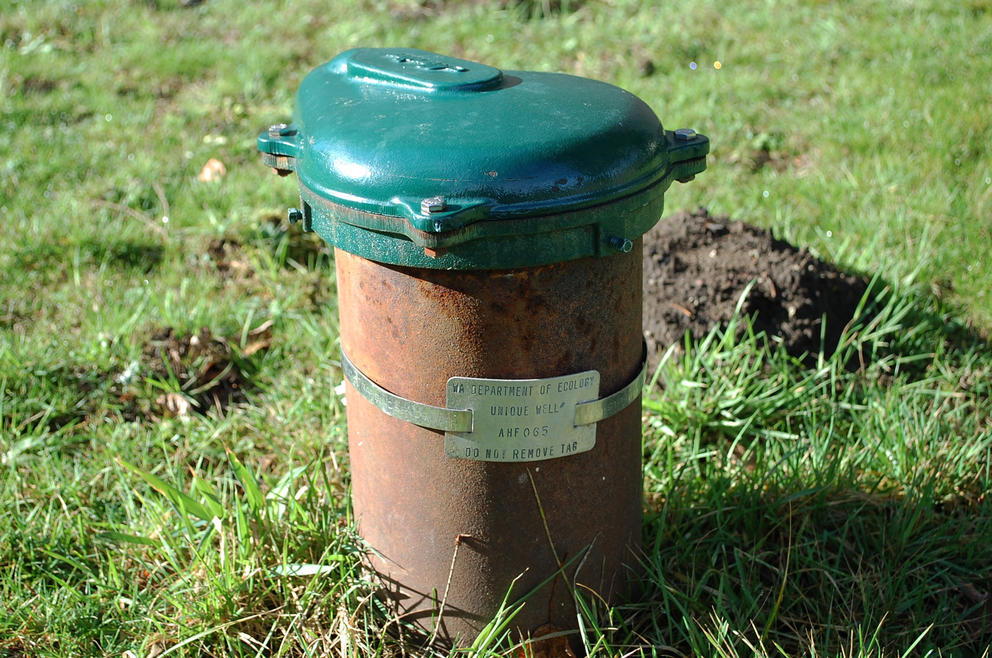The state Department of Health announced updated guidance for people who get COVID-19 and other respiratory viruses, relying on a person’s symptoms rather than the previously recommended five-day quarantine.
One of the most significant changes is to recommend that people are free to return to their normal activities once their symptoms have improved overall, and they are without fever for 24 hours. This means not having a fever or a need to use fever-reducing medication for at least a full day before having contact with others, since people can still be contagious after their symptoms have improved.
Previous recommendations asked people to stay isolated for at least five full days after symptoms appeared. The state’s guidance follows recent updates from the Centers for Disease Control and Prevention.
The Department of Health still advises wearing a mask, handwashing, physical distancing and testing after contracting a respiratory virus and returning to daily life, to avoid the risk of spreading infection. Those with COVID-19 can be contagious for five to 10 days after their illness. People with the flu can remain contagious for five to seven days, and those that contracted respiratory syncytial virus (RSV) are contagious three to eight days.
These precautions can be helpful to older adults and people with weakened immune systems, who have higher chances of getting very sick from one of those respiratory diseases, state health officials say.










